This past August I caught the legendary Wanda Jackson performing at Austin’s Continental Club. It was a memorable show, but it left me with mixed feelings about her legacy and popular culture’s general lack of interest in female musicians once they reach “a certain age.” This is probably why it has taken me well over two months to write about the experience. Conveniently, yesterday was Jackson’s birthday. She turned 77.
Known as the “Queen of Rockabilly,” Jackson rose to fame in the late 1950s as a kind of female version of Elvis Presley. In fact, she and Elvis toured together and even dated for a time. She gives him credit for convincing her to leave the honky-tonk music she grew up singing in California and Oklahoma for the rockabilly songs that would eventually land her a spot in the Rock and Roll Hall of Fame (she was inducted in 2009).
The most successful rockabilly performers tended to be men (Elvis, Cash, etc.). Jackson did not ever top them in radio play or record sales, but in her songs she found the room to put their masculinist worldview in its place. “I Gotta Know” (1956), for example, pokes fun at Elvis’s dancing, with the narrator complaining that “[w]hen you’re on that floor you’re cool man cool, but when it comes to loving you need to go to school.”
Furthermore, in songs like “Fujiyama Mama” (1957) and “Riot in Cell Block #9” (1960), she brings into plain view the topic of female sexuality, which the male rockabillies avoided. In these songs, sexual desire is a dangerous and unsettling force–powerful as an atomic bomb or a prisoners’ revolt. In “Riot,” she describes female inmates overpowering their guards and cat-calling the male militia members who are sent in to calm them down. The song had been a hit for the Robins–an all-male R&B band–in 1954, but when Jackson performed it, it became a kind of transgressive, feminist response to Elvis’s “Jailhouse Rock” (1957).
In the 1960s, rockabilly began losing its commercial appeal and Jackson moved back into country (and later, gospel) music. In songs like “The Box It Came In” (1966) and “My Big Iron Skillet” (1969), she continued criticizing philandering men, even threatening them with violence. But her bigger hits from this period were more often about heartbreak and standing by your man whether he’s right or wrong, which makes it hard to argue that there is any kind of feminist message unifying her many, many records. Colin Escot, in the book accompanying Bear Family’s 8-CD collection of her country recordings, chalks this up to Jackson’s never having the kind of major hit that would bring her the power to choose the best new songs. In a sense, she made a career making the best she could of the leftovers.
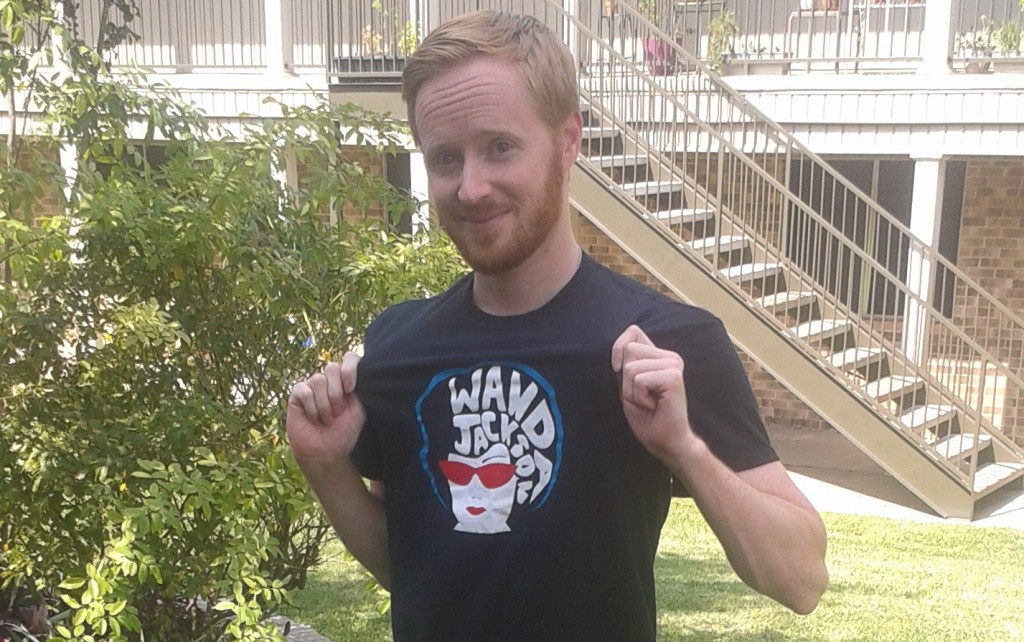 On one hand, the Continental Club is a perfect place for Jackson to perform. Open since 1957, it has hosted some of the United States’s greatest musicians, from Tommy Dorsey to Stevie Ray Vaughan. The owner, Steve Wertheimer, has honored Jackson with tribute shows, and she clearly feels at home there. The performance I attended lasted a little over an hour, which was understandable given her age and that there were 2-3 other acts also playing that night. She was surprisingly energetic, shrieking into the mic like a crazed inmate at one point and later yodeling her way through “I Betcha My Heart I Love You.”
On one hand, the Continental Club is a perfect place for Jackson to perform. Open since 1957, it has hosted some of the United States’s greatest musicians, from Tommy Dorsey to Stevie Ray Vaughan. The owner, Steve Wertheimer, has honored Jackson with tribute shows, and she clearly feels at home there. The performance I attended lasted a little over an hour, which was understandable given her age and that there were 2-3 other acts also playing that night. She was surprisingly energetic, shrieking into the mic like a crazed inmate at one point and later yodeling her way through “I Betcha My Heart I Love You.”
But on the other hand, I couldn’t help but think that after rocking for six decades the Queen of Rockabilly should be playing someplace a little nicer–someplace where the audience has sense enough to shut up when she talks about grabbing sodas on her dates with Elvis Presley. For all its history, the Continental Club is a little shabby around the edges and is exactly the sort of place Jackson must have had in mind when she admitted to Escot that she wished she didn’t have to play honky tonks anymore. I would think that Wanda fucking Jackson wouldn’t have to play anywhere she didn’t want to anymore.

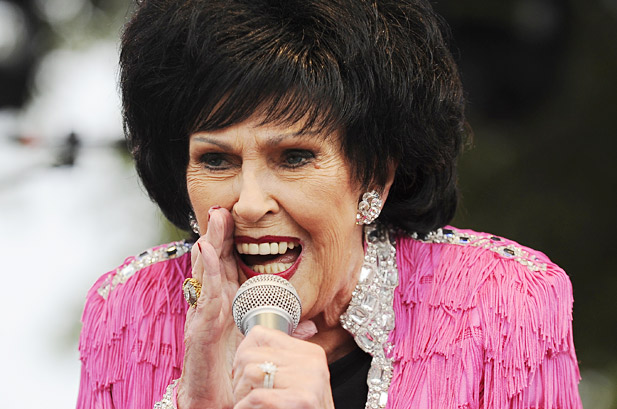
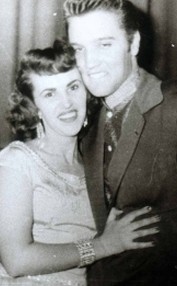
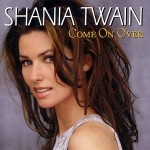
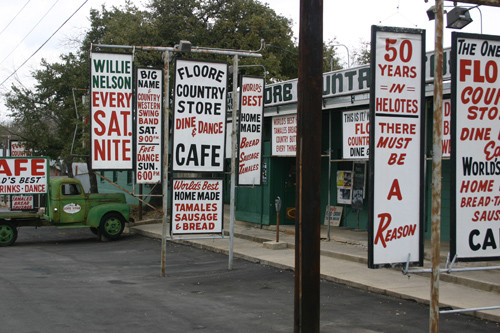
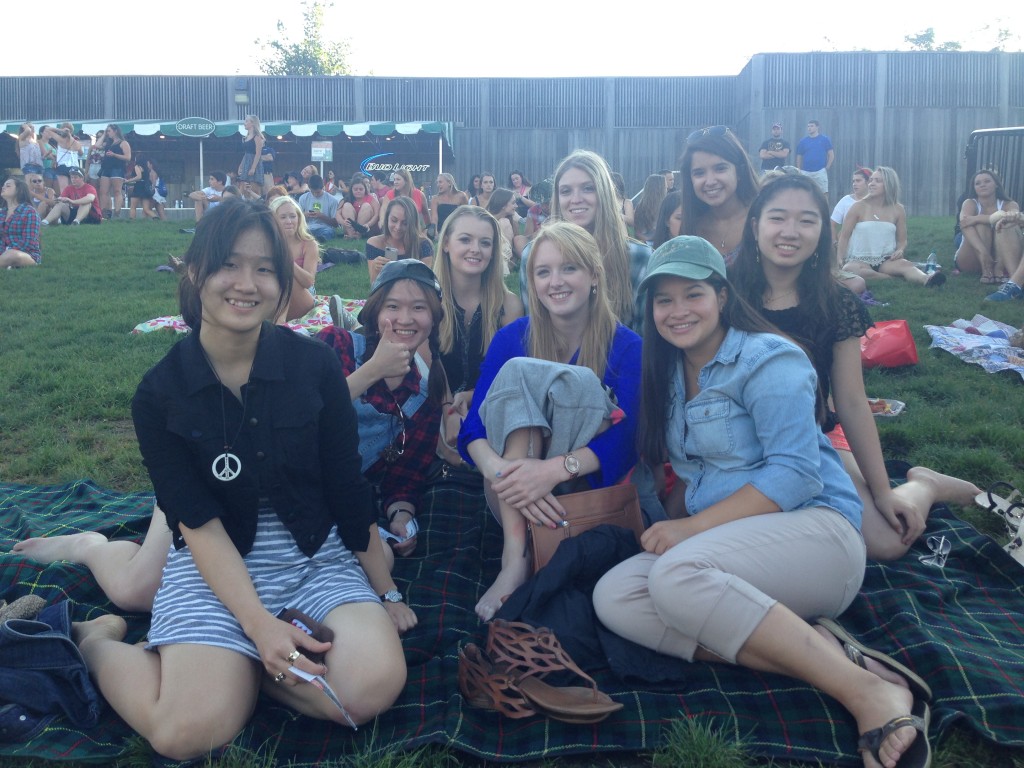
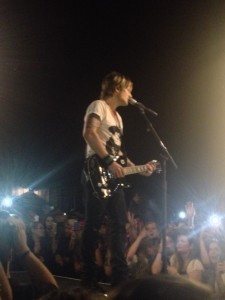
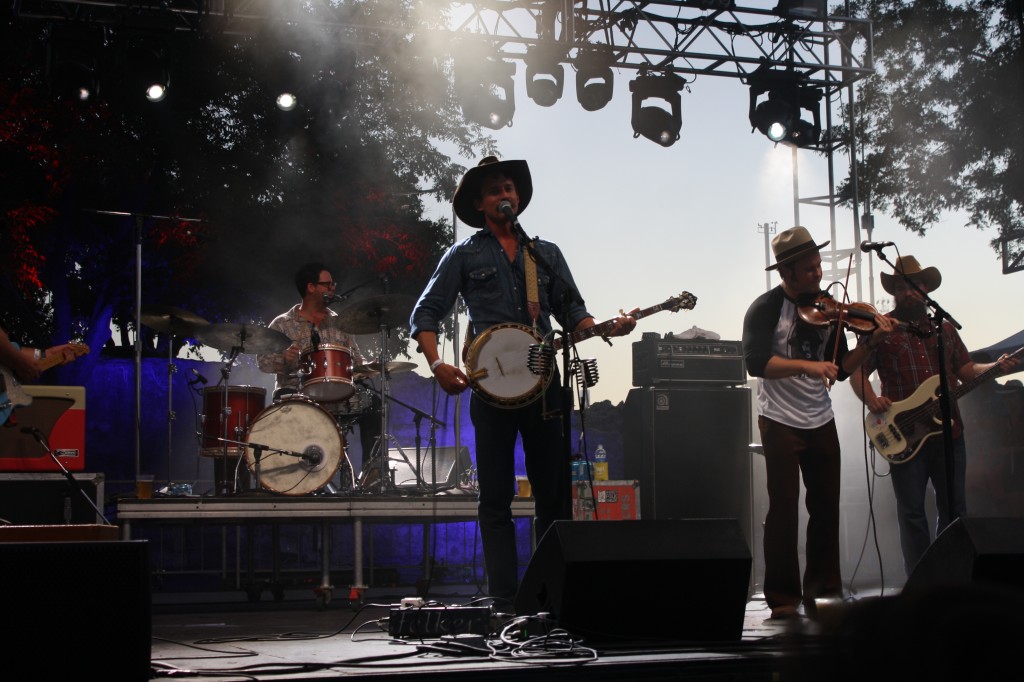 It was a great show, from beginning to end. I camped out at the stage for an hour with six of my friends and it was well worth it because we were about 20 feet from the stage and right smack dab in middle. I swear I made eye contact with Evan, the lead singer, multiple times. He even looked right at my camera at one point. I had so much fun singing along to the songs, but I could tell the band had even more fun.
It was a great show, from beginning to end. I camped out at the stage for an hour with six of my friends and it was well worth it because we were about 20 feet from the stage and right smack dab in middle. I swear I made eye contact with Evan, the lead singer, multiple times. He even looked right at my camera at one point. I had so much fun singing along to the songs, but I could tell the band had even more fun.
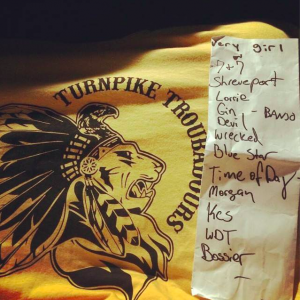
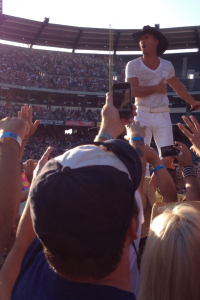 The summer going into my senior year in high school my dad surprised me with Kenny Chesney and Tim McGraw concert tickets that he had gotten through his work. They were playing at Angel’s baseball stadium and our tickets were sitting right on the field in front of the stage. They weren’t exactly seats, they were just a general area that you could stand it right in front of the stage so it was a little weird being in the mosh pit with a bunch of intoxicated young people while I was with my dad, but it was worth it for how close we were. We only caught the last few songs of Jake Owen (who was the opening act), which I was a little bummed about because I love a few of his songs. But then after that, Tim McGraw came on who is my favorite country music artist by far. He played a perfect mixture between his old and new songs, which was great because I knew pretty much all of them but my dad only knew the older ones so he got to hear the new songs he’s come out with. He was really interactive with the audience, which I thought was exciting and towards the end of his performance the sun was setting over the stage so it was a picture perfect moment for me.
The summer going into my senior year in high school my dad surprised me with Kenny Chesney and Tim McGraw concert tickets that he had gotten through his work. They were playing at Angel’s baseball stadium and our tickets were sitting right on the field in front of the stage. They weren’t exactly seats, they were just a general area that you could stand it right in front of the stage so it was a little weird being in the mosh pit with a bunch of intoxicated young people while I was with my dad, but it was worth it for how close we were. We only caught the last few songs of Jake Owen (who was the opening act), which I was a little bummed about because I love a few of his songs. But then after that, Tim McGraw came on who is my favorite country music artist by far. He played a perfect mixture between his old and new songs, which was great because I knew pretty much all of them but my dad only knew the older ones so he got to hear the new songs he’s come out with. He was really interactive with the audience, which I thought was exciting and towards the end of his performance the sun was setting over the stage so it was a picture perfect moment for me.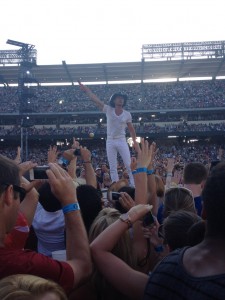 As I am now looking back into my photo albums from the concert I realized that every single picture I took was of Tim, and I didn’t have a single picture from when Kenny Chesney performed. I think that was partially because it was dark by the time Kenny came on, and also maybe a little bit because I am a bigger fan of Tim McGraw. Kenny was an amazing performer however; he entered the stage on a blue chair while singing “Old Blue Chair” that was lowered from above the stage. Kenny explained to the crowd that his favorite thing in the world to do is travel to different beaches around the world, which explains why a majority of his music videos take place on the beach. His whole performance revolved around the paradise that he finds when he goes to exotic beaches so there were videos of gorgeous sunsets and waves constantly playing while he sang.
As I am now looking back into my photo albums from the concert I realized that every single picture I took was of Tim, and I didn’t have a single picture from when Kenny Chesney performed. I think that was partially because it was dark by the time Kenny came on, and also maybe a little bit because I am a bigger fan of Tim McGraw. Kenny was an amazing performer however; he entered the stage on a blue chair while singing “Old Blue Chair” that was lowered from above the stage. Kenny explained to the crowd that his favorite thing in the world to do is travel to different beaches around the world, which explains why a majority of his music videos take place on the beach. His whole performance revolved around the paradise that he finds when he goes to exotic beaches so there were videos of gorgeous sunsets and waves constantly playing while he sang.